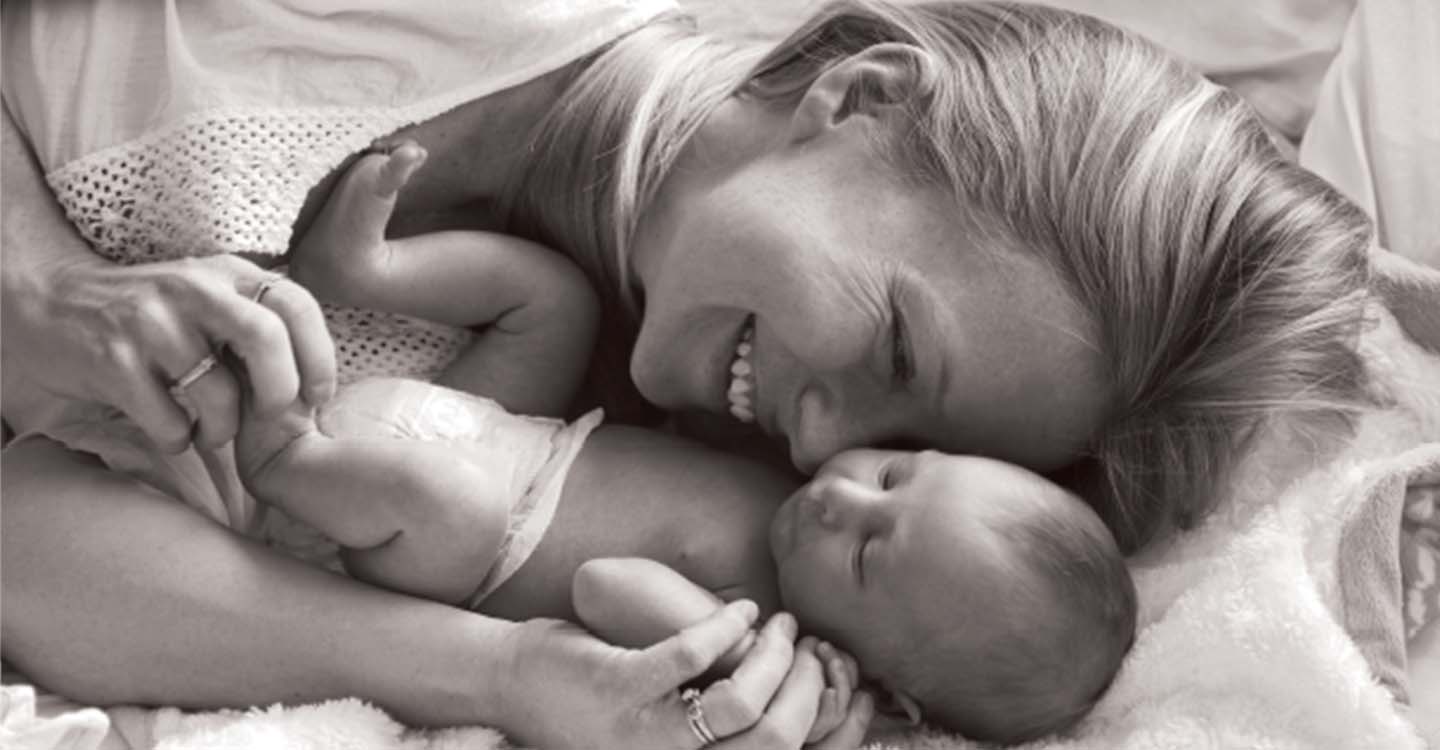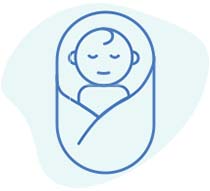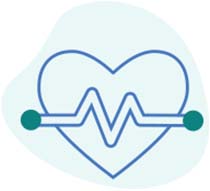

Preemies
Babies who were born prematurely (maternal pregnancy lasted 37 weeks or less) and are 6 months or younger at the beginning of the RSV season. Premature babies are more susceptible to infections than full-term babies and need to be protected from infection through preventive measures.
Premature infants’ lungs are especially vulnerable. A premature baby (≤37 weeks gestational age), 6 months of age or younger at the start of RSV season, is at especially high risk for severe RSV disease. That's because they were born before their lungs and respiratory system could fully develop.
Unlike a full-term baby, a premature baby is also born with fewer antibodies transferred from their mother, making it more difficult for the baby to fight off infection.
Children with certain types of chronic lung problems
Infants or babies with a certain type of chronic lung problem (bronchopulmonary dysplasia, or BPD) and are 24 months of age or younger.
Bronchopulmonary dysplasia (BPD) is a long-term breathing problem that happens in babies born early (premature) whose lungs are not fully developed. Treatment is aimed at supporting breathing and oxygen needs. Babies with BPD may be in the hospital for a few weeks or up to few months.
Some infants might have long-term problems from bronchopulmonary dysplasia (fast breathing and asthma-like problems can remain during several years) and are thus at risk for respiratory infections, such as the flu, respiratory syncytial virus (RSV), and pneumonia. If they get an infection, they tend to get sicker than most children do. Therefore, these babies need to be protected against infections as far as possible even until they are 2-3 years old.
One of the best ways to avoid infections is to be prepared, especially if your baby is at high risk. Talk to the physician and staff on the neonatal unit before your baby is discharged and before the winter season begins in September or October. This will help you prepare and know what to expect.

Children with certain types of heart problems
Babies or toddlers born with certain types of heart problems (congenital heart defect, or CHD) and are 24 months of age or younger.
Respiratory tract infections are common among young children, and children born with congenital heart defect (CHD) are more sensitive and susceptible for infections than healthy babies and thus belong to the RSV risk group. Children with CHD and RSV-infection have a higher risk for severe illness and hospitalization. Therefore, these children need extra protection so that they do not get sick.
The fact that the child has a heart defect can sometimes be detected already during an ultrasound examination during pregnancy or in connection with the examination of the new-born child at the maternity ward or during check-up at BVC (BVC= child health care centre that tracks the child's well-being, growth, and development from birth to when they start school in Sweden, BVC is part of the Public Health Care in Sweden).
Every year in Sweden, 800–1000 children are born with a congenital heart defect. These (CHDs) are different types of and can vary from mild (such as a small hole in the heart) to severe (such as missing or poorly formed parts of the heart). Some children need one or more surgeries over several years, others need pharmaceutical treatment, and for others regular medical check-ups suffices. What they all have in common is their susceptibility for infections, compared to a healthy child.
The congenital heart defect can impair an infant’s physical ability and cause breathlessness and tiredness with feeding. Since these also are symptoms of an RSV infection, the complications can be an additional strain for the already vulnerable baby.
Respiratory tract infections as RSV-infections and their complications can delay a necessary surgery.For those requiring a heart surgery it is vital to keep them healthy so that they can cope with the strains of a life saving- or symptom relieving surgery.
